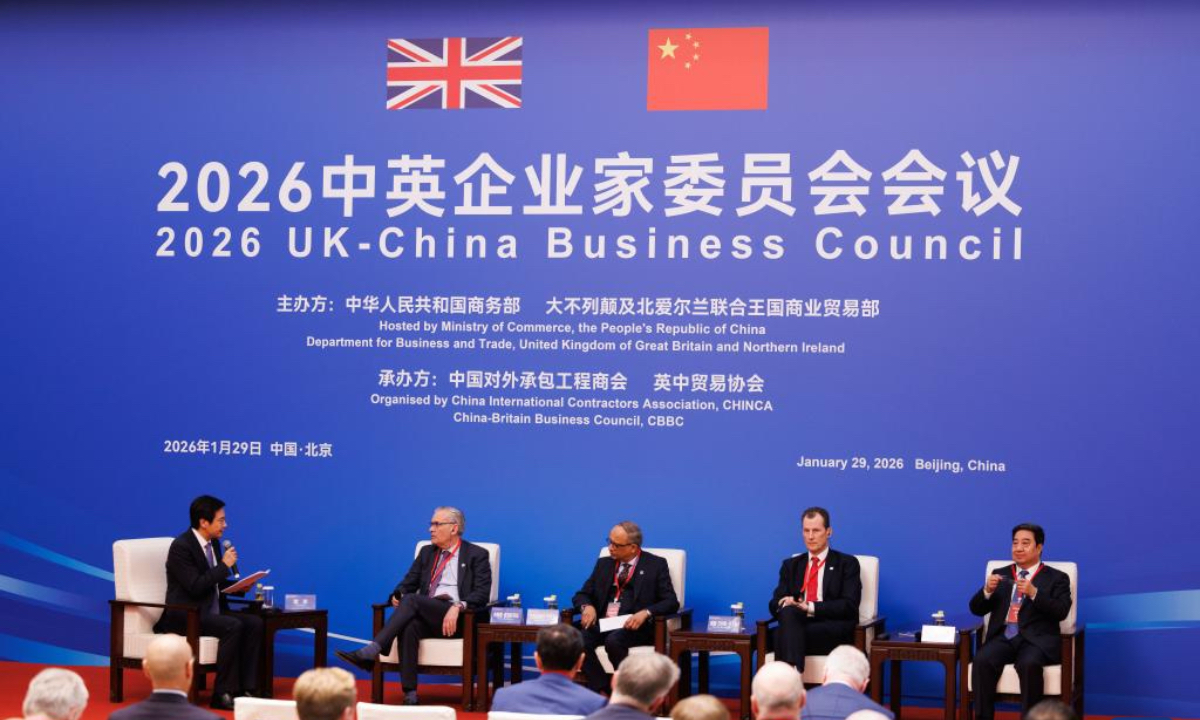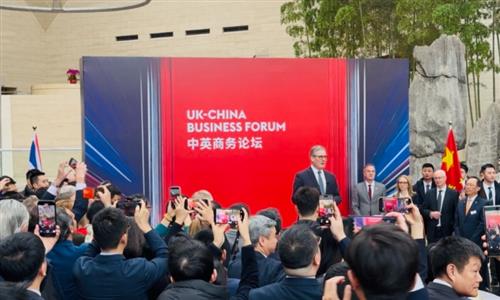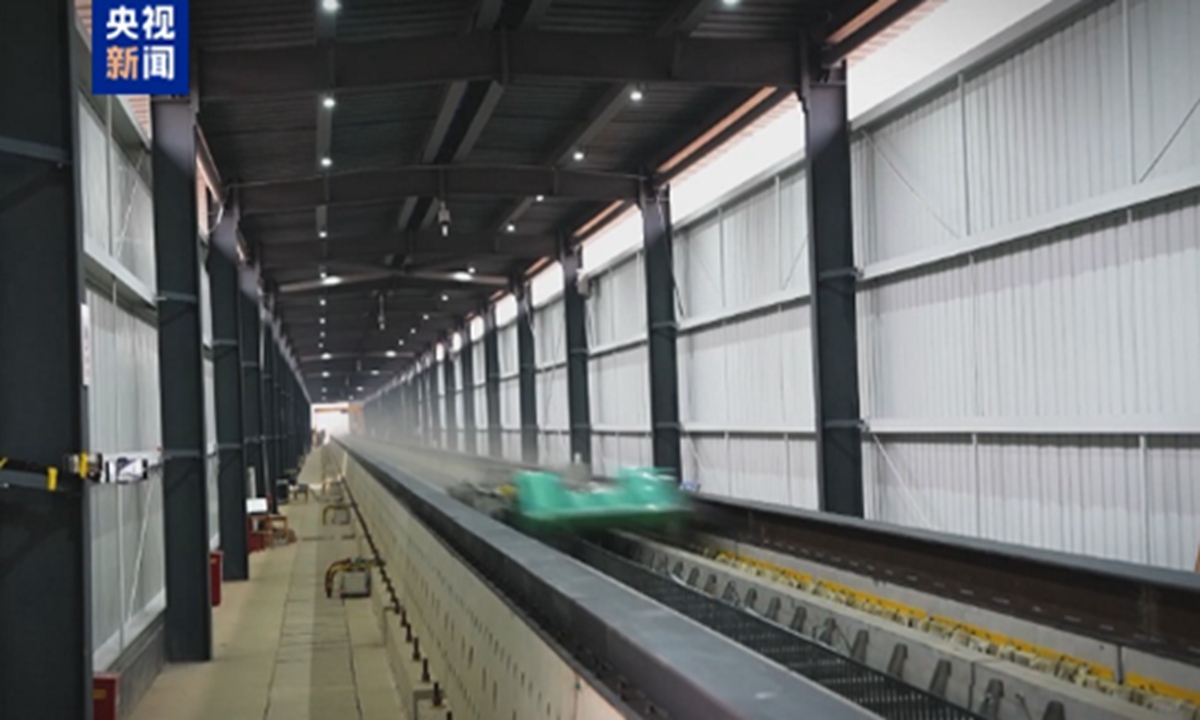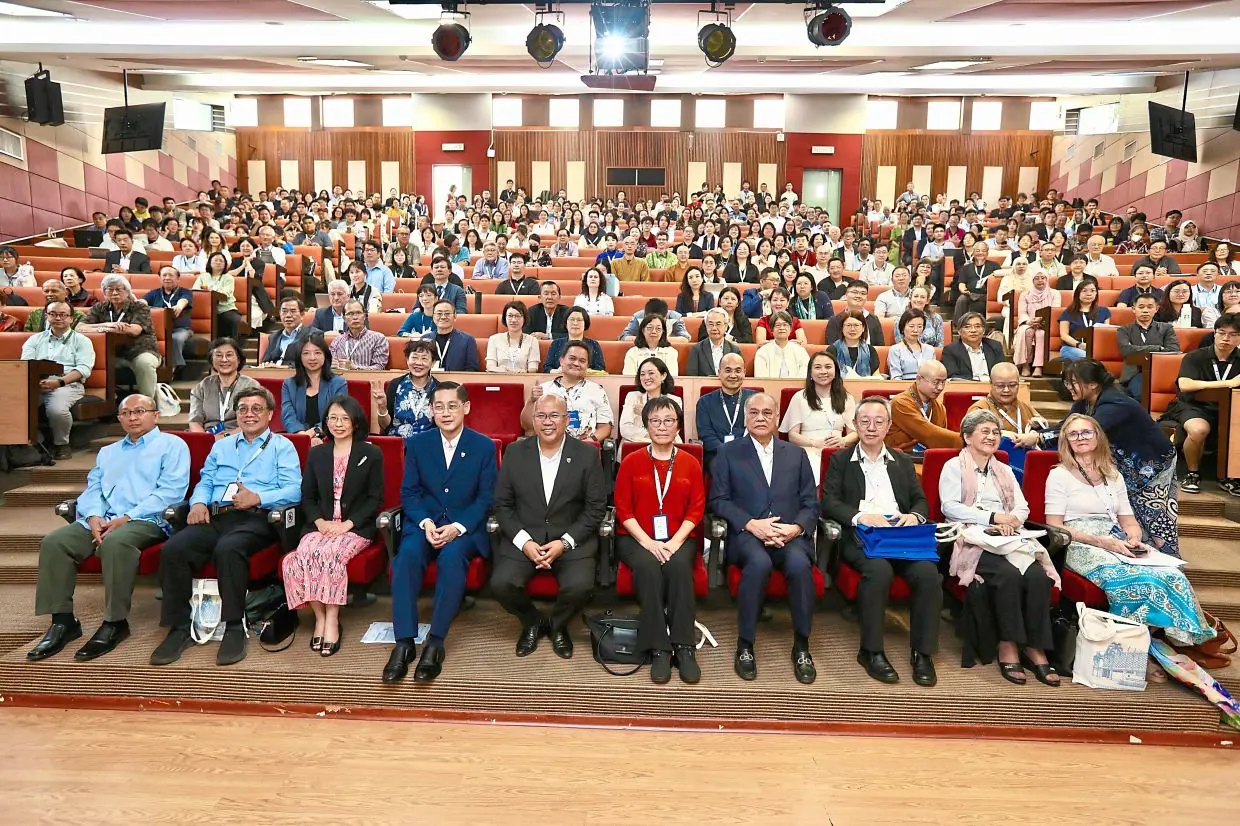British PM seeks closer economic engagement with China amid Trump tensions
 To better relations: Xi and Starmer shaking hands before their meeting at the Great Hall of the People in Beijing. — Pool/AFP
To better relations: Xi and Starmer shaking hands before their meeting at the Great Hall of the People in Beijing. — Pool/AFPBritish Prime Minister Keir starmer told Chinese President Xi Jinping that he wanted to build a “sophisticated relationship” with Beijing to boost the UK economy, signalling a reset after years of strained ties.
On the key day of his four-day visit to China, the first by a British prime minister in eight years, starmer held an 80-minute summitwithxiatthegreathallofthe People before they lunched together.
starmer said the pair chatted about soccer and shakespeare, as well as business matters.
the British leader will also meet Premier Li Qiang.
starmer, whose centre-left Labour Party government has struggled to deliver the growth it promised, has made improving relations with the world’s secondlargest economy a priority.
“China is a vital player on the global stage, and it’s vital that we build a more sophisticated relationship where we can identify opportunities to collaborate, but of course, also allow a meaningful dialogue on areas where we disagree,” starmer told Xi at the start of their meeting.
Xi said ties with Britain had gone through “twists and turns” that did not serve the interests of either country and that China was ready to develop a long-term partnership.
“We can deliver a result that can withstand the test of history,” the Chinese leader told starmer, flanked by his top ministers.
starmer is the latest Western leader to engage in a flurry of diplomacy with China, as nations hedge against unpredictability from the United states under President Donald trump.
trump’s on-off threats of trade tariffs and pledges to grab control of Greenland, an autonomous territory of Denmark, have rankled long-standing allies like Britain.
starmer’s visit immediately follows that of Canadian Prime Minister Mark Carney, who signed an economic deal with Beijing to tear down trade barriers, drawing trump’s ire.
the British leader told reporters he had made progress in discussions with China’s leader to reduce tariffs on whisky, while Xi also said China would consider waiving visas for British nationals.
“the relationship is in a good place, a strong place,” said starmer, who is being accompanied by more than 50 business leaders on the trip.
Asked by a reporter yesterday if Xi was someone he could do business with, starmer replied “yes”.
starmer has adopted a new policy of engagement with China after ties deteriorated for years under previous Conservative governments.
“i made the promise 18 months ago, when we were elected into government, that i would make Britain face outwards again,” starmer told Xi.
“Because, as we all know, events abroad affect everything that happens back in our home countries, to prices on the supermarket shelves to how secure we feel.”
in a sign of how the countries can work together, starmer also announced that Britain and China would jointly tackle gangs involved in trafficking illegal migrants.
British and Chinese officials will share intelligence to identify smugglers’ supply routes and work with Chinese manufacturers to prevent legitimate businesses from being exploited by organised crime, Downing street said. — reuters












